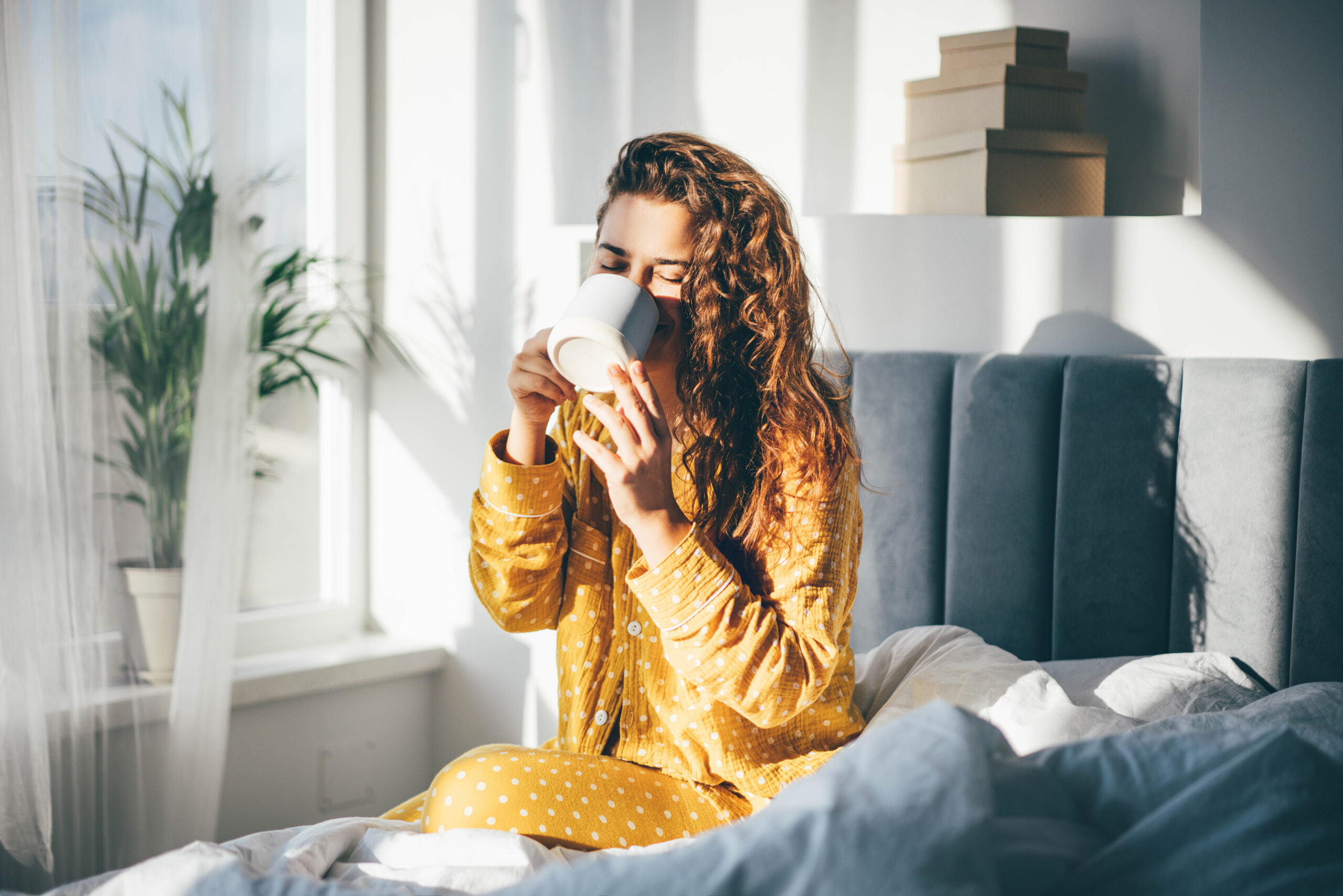by Brandy Abalos
Agood night’s sleep is crucial for overall health and well-being. Sleeping well is just as essential for our health as a good diet and regular exercise. It is vital for cognitive function and emotional regulation. Your body repairs itself while you sleep, strengthens your immune system and regulates hormones. By prioritizing sleep hygiene and getting a good night’s rest regularly, you’re investing in the well-being of your whole body.
What Is Sleep Hygiene?
Sleep hygiene is all about creating habits that promote quality sleep. Sleep hygiene refers to a set of practices and habits that promote good sleep quality. It encompasses both your sleep environment and your daily routines. By following good sleep hygiene, you can condition your body and mind to fall asleep easily, stay asleep throughout the night and wake up feeling refreshed.
A Consistent Sleep Schedule is Important
Go to bed and wake up at the same time each day, even on weekends. This regulates your body’s natural sleep-wake cycle (circadian rhythm). This internal clock governs various bodily functions, including sleepiness and alertness.
When you go to bed and wake up at consistent times each day, your body anticipates these patterns. This helps regulate the production of melatonin, a hormone that signals sleepiness. With a predictable melatonin release, falling asleep becomes easier and faster.
Develop a Relaxation Routine at Bedtime
The daily grind can leave us feeling stressed and wound up. A relaxing bedtime routine helps ease these tensions. Activities like reading, taking a warm bath, or light stretching can lower stress hormones and calm your nervous system, making it easier to drift off.
If you struggle to fall asleep, your mind can easily spiral into negative thoughts about not being able to sleep. A relaxing routine can distract you from these worries and create a positive association with bedtime.
Create an Environment Conducive to Sleep
Your bedroom environment significantly impacts your sleep quality. Certain environmental factors like light, temperature and noise can disrupt your body’s natural sleep-wake cycle. A sleep-conducive environment minimizes these disruptions, allowing your body to progress through its natural sleep stages uninterrupted. This leads to deeper sleep and better overall sleep quality.
Your bedroom should be a haven for relaxation. It should be cool, dark and comfortable. A cozy mattress, pillows and proper bedding all contribute to a good night’s sleep. By creating a comfortable sleep environment, you’ll be more likely to fall asleep quickly and stay asleep comfortably.
Avoid Heavy Meals, Caffeine and Alcohol Close to Bedtime
Certain substances like caffeine and alcohol can disrupt your body’s natural sleep-wake cycle (circadian rhythm). Caffeine is a stimulant that can block the effects of adenosine, a chemical that promotes sleepiness. Alcohol might initially make you feel drowsy, but it disrupts sleep later in the night, leading to fragmented sleep and frequent awakenings.
A heavy meal right before bed can take a toll on your digestive system. Your body will be working hard to digest the food instead of focusing on sleep. This can lead to discomfort, heartburn and difficulty falling asleep.
Unplug from Electronics an Hour Before Bedtime
Electronic devices like smartphones, laptops and tablets emit blue light. This specific wavelength of light suppresses the production of melatonin, a hormone crucial for regulating your sleep-wake cycle. Melatonin production naturally increases in the evening to make you feel sleepy. By suppressing melatonin, blue light exposure from electronics can trick your body into thinking it’s still daytime, making it harder to fall asleep and stay asleep throughout the night.
The content you consume on electronics can be stimulating. Social media feeds, exciting games, or even work emails can activate your brain and make it harder to wind down. The bright screens and constant notifications can also be distracting, keeping you engaged and alert when you should be relaxing for sleep.
Manage Your Stress to Get Better Sleep
Stress and sleep have a complex relationship. Chronic stress can wreak havoc on your ability to fall asleep and stay asleep, while poor sleep quality can worsen stress levels. You should work to identify your stressors and engage in relaxation techniques before bedtime.
Relaxation techniques like meditation, deep breathing exercises or progressive muscle relaxation can significantly reduce stress and anxiety. These practices help calm your mind and body, preparing you for sleep.
Get a Restful Night’s Sleep with Good Sleep Hygiene
Sleep is essential for overall health and well-being. Just like you take care of your physical health by eating nutritious foods and exercising regularly, you also need to take care of your sleep health. By following good sleep hygiene, you can condition your body and mind to fall asleep easily, stay asleep throughout the night and wake up feeling refreshed.








Leave A Comment